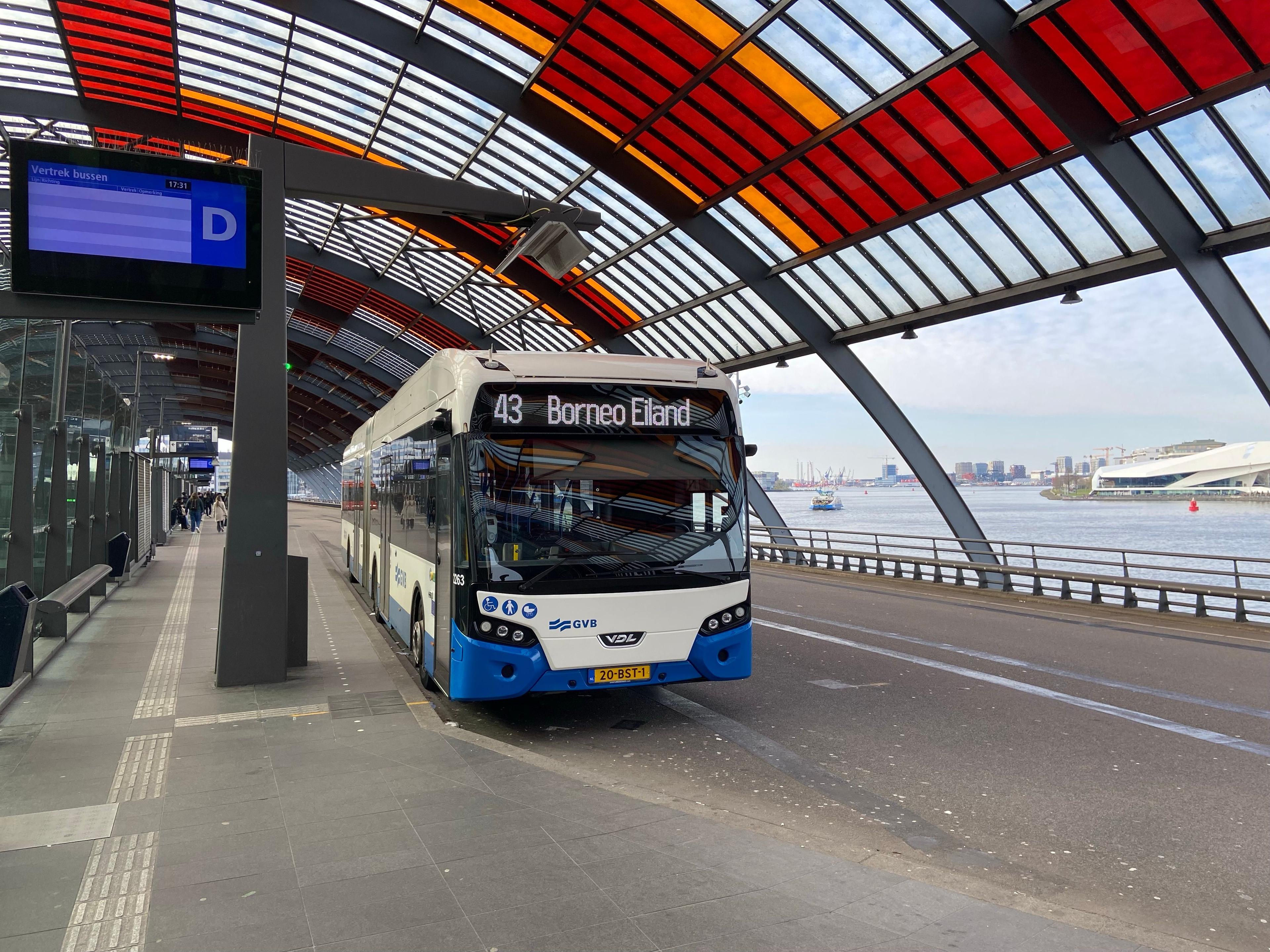For its fleet of electric buses, GVB – the operator of the city of Amsterdam’s public transport services – is rolling out ChargePilot®, the smart Charging and Energy Management system by The Mobility House, across the board. GVB has already been relying on the charging expert’s technology at the charging station hub of Amsterdam Central Station since 2022. The collaborative relationship is now being expanded to include another six depots throughout the city: By the end of 2023, over 159 electric buses will be charged intelligently at 190 DC charging points. ChargePilot® will be embedded into an existing urban mobility ecosystem as part of a gradual rollout. Dynamic and local load management will take over holistic, smart management of charging processes and address the depots’ and charging stations’ various requirements. The analyses that The Mobility House conducted beforehand reveal that smart management will help to save several hundreds of thousands of euros.
Ready for use right on schedule
Implementing ChargePilot® is the next step towards a fully electric schedule in the Dutch capital and forms part of the mobility provider’s goal to make its entire fleet of buses completely emission-free by 2025. This way GVB is following the city’s requirements as part of the “Clean Air” action plan, which can now become reality with ChargePilot®. In addition, both the city of Amsterdam and the grid operator have defined various regulations for the charging processes – with different daytime and nighttime specifications, for example.
ChargePilot’s rapid response time to changes in the grid, independence from a stable internet connection and data security guarantee reliable and failure-proof load management. Open standards also allow The Mobility House’s charging and energy management system to communicate with GVB’s planning tools. The interface (VDV 463) to PSI Transcom's depot management system and GIRO’s HASTUS software solution enables the systems to exchange important data so that the electric buses are run smoothly. Such data includes the status of the battery level at the time of arrival, the desired state of charge on reaching the destination and the need for pre-conditioning according to VDV 261 and ISO 15118. Using this information, the connected systems can manage and monitor the individual charging processes and ensure that each bus is ready for use when service starts.
"We are proud that the project at Amsterdam Central Station has convinced GVB to use ChargePilot® in the rest of the city too and to take a smart approach to charging its buses. We are looking forward to further expanding our successful cooperative relationship and to using many of our software features, such as optimizing charging power based on current electricity prices."
Jan Winkler,
Senior Business Development Manager, The Mobility House.
